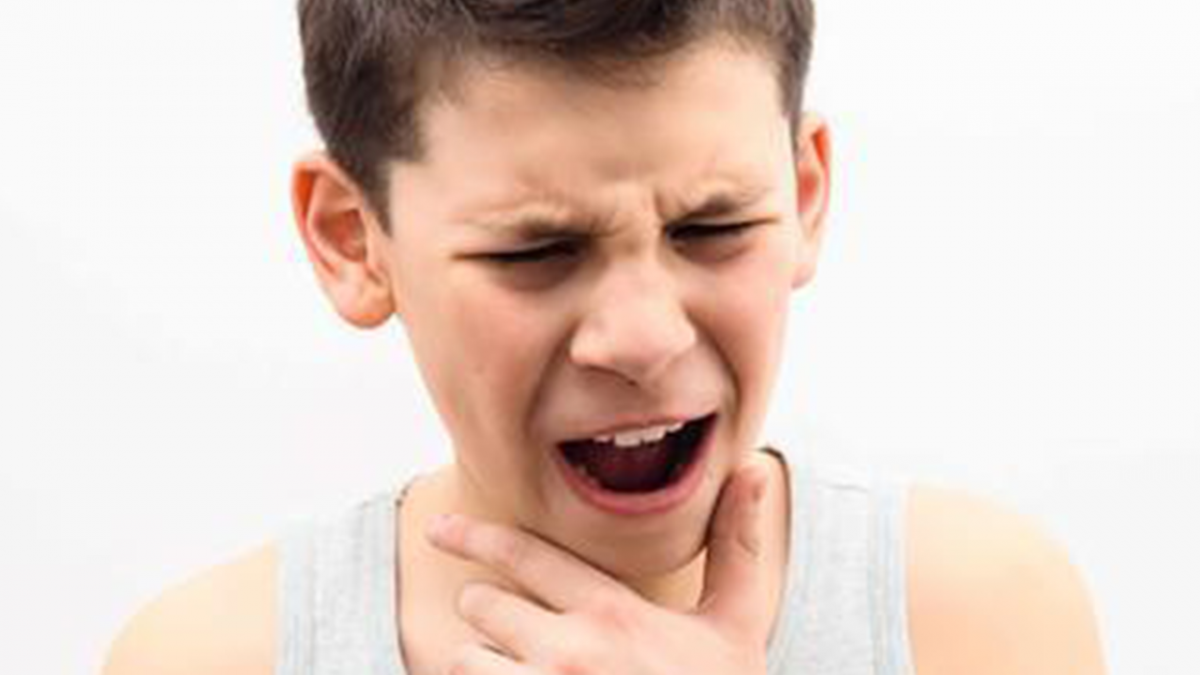Advertisement
Frequent nosebleeds in children and adolescents can be concerning for parents. Understanding the potential causes is crucial for prevention and treatment.

Common Cause: Nasal Mucosa Erosion in the Kiesselbach's Area
In children, a common cause of nosebleeds is erosion of the mucosa in Kiesselbach's area (the anterior part of the nasal cavity). This often results from frequent nose picking and dry nasal passages. When the mucosa in the nose becomes damaged, the airflow can easily trigger bleeding. This type of nosebleed is usually managed by applying an antibiotic ointment to help repair the damaged area, and preventing further nose picking is key to avoiding recurrence. Educating children about the importance of not picking their noses is crucial as it is a poor hygiene habit.
Rare Cause: Tumors
Although less common, nosebleeds in children can sometimes be caused by tumors. Malignant tumors, such as lymphomas, can present with nosebleeds as an initial symptom. In such cases, the nosebleed may be misinterpreted as a common Kiesselbach's area bleed and treated with measures like nasal packing. If the nosebleeds become progressively worse, prompt medical attention is essential. Doctors can use nasal endoscopy to accurately diagnose the issue and avoid misdiagnosis.

Systemic Diseases
Nosebleeds in children can also be related to systemic diseases. Although conditions like kidney failure or liver failure can cause nosebleeds in children, these are less common compared to adults. Some children may have exposed blood vessels or other blood disorders, such as hemophilia or idiopathic thrombocytopenic purpura. Hospitals typically perform a complete blood count (CBC) to rule out blood-related disorders. This simple and low-cost test can help rule out serious conditions, ensuring that any underlying issues are addressed promptly.
Adolescent-Specific Issue: Nasopharyngeal Fibrovascular Tumors
In adolescents, especially those aged 14 to 15, persistent and severe nosebleeds may be linked to nasopharyngeal fibrovascular tumors. These tumors are relatively common in older children, even as young as 10. The initial symptom is usually frequent and substantial nosebleeds, and as the tumor grows, symptoms like nasal congestion may also develop. If adolescents exhibit these symptoms, it is important for both parents and healthcare professionals to take them seriously for timely diagnosis and treatment.

In summary, frequent nosebleeds in children and adolescents can have various causes. Understanding these potential causes and seeking professional medical help when necessary can effectively manage and resolve nosebleed issues.
Advertisement




